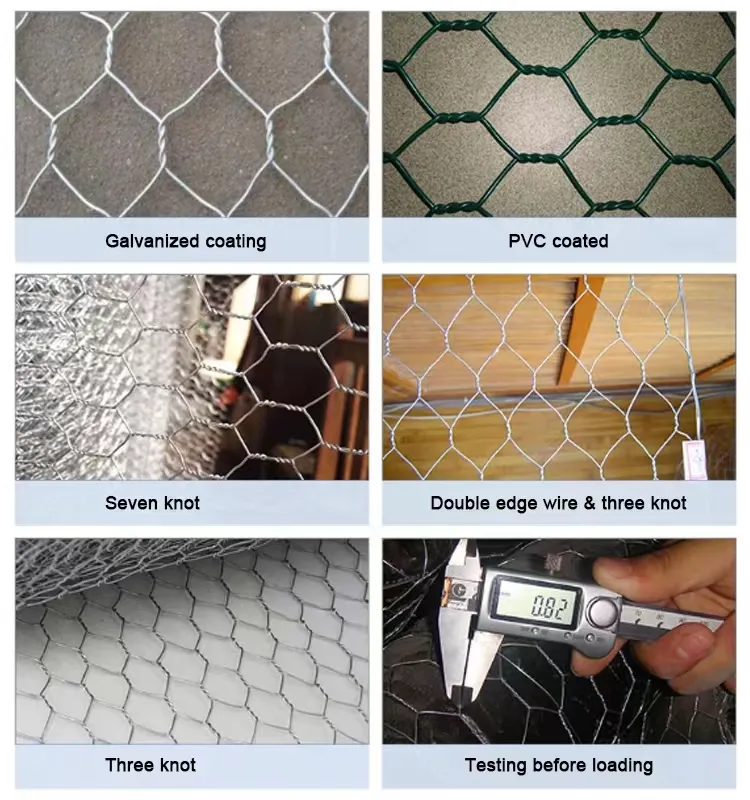-
 Afrikaans
Afrikaans -
 Albanian
Albanian -
 Amharic
Amharic -
 Arabic
Arabic -
 Armenian
Armenian -
 Azerbaijani
Azerbaijani -
 Basque
Basque -
 Belarusian
Belarusian -
 Bengali
Bengali -
 Bosnian
Bosnian -
 Bulgarian
Bulgarian -
 Catalan
Catalan -
 Cebuano
Cebuano -
 China
China -
 Corsican
Corsican -
 Croatian
Croatian -
 Czech
Czech -
 Danish
Danish -
 Dutch
Dutch -
 English
English -
 Esperanto
Esperanto -
 Estonian
Estonian -
 Finnish
Finnish -
 French
French -
 Frisian
Frisian -
 Galician
Galician -
 Georgian
Georgian -
 German
German -
 Greek
Greek -
 Gujarati
Gujarati -
 Haitian Creole
Haitian Creole -
 hausa
hausa -
 hawaiian
hawaiian -
 Hebrew
Hebrew -
 Hindi
Hindi -
 Miao
Miao -
 Hungarian
Hungarian -
 Icelandic
Icelandic -
 igbo
igbo -
 Indonesian
Indonesian -
 irish
irish -
 Italian
Italian -
 Japanese
Japanese -
 Javanese
Javanese -
 Kannada
Kannada -
 kazakh
kazakh -
 Khmer
Khmer -
 Rwandese
Rwandese -
 Korean
Korean -
 Kurdish
Kurdish -
 Kyrgyz
Kyrgyz -
 Lao
Lao -
 Latin
Latin -
 Latvian
Latvian -
 Lithuanian
Lithuanian -
 Luxembourgish
Luxembourgish -
 Macedonian
Macedonian -
 Malgashi
Malgashi -
 Malay
Malay -
 Malayalam
Malayalam -
 Maltese
Maltese -
 Maori
Maori -
 Marathi
Marathi -
 Mongolian
Mongolian -
 Myanmar
Myanmar -
 Nepali
Nepali -
 Norwegian
Norwegian -
 Norwegian
Norwegian -
 Occitan
Occitan -
 Pashto
Pashto -
 Persian
Persian -
 Polish
Polish -
 Portuguese
Portuguese -
 Punjabi
Punjabi -
 Romanian
Romanian -
 Russian
Russian -
 Samoan
Samoan -
 Scottish Gaelic
Scottish Gaelic -
 Serbian
Serbian -
 Sesotho
Sesotho -
 Shona
Shona -
 Sindhi
Sindhi -
 Sinhala
Sinhala -
 Slovak
Slovak -
 Slovenian
Slovenian -
 Somali
Somali -
 Spanish
Spanish -
 Sundanese
Sundanese -
 Swahili
Swahili -
 Swedish
Swedish -
 Tagalog
Tagalog -
 Tajik
Tajik -
 Tamil
Tamil -
 Tatar
Tatar -
 Telugu
Telugu -
 Thai
Thai -
 Turkish
Turkish -
 Turkmen
Turkmen -
 Ukrainian
Ukrainian -
 Urdu
Urdu -
 Uighur
Uighur -
 Uzbek
Uzbek -
 Vietnamese
Vietnamese -
 Welsh
Welsh -
 Bantu
Bantu -
 Yiddish
Yiddish -
 Yoruba
Yoruba -
 Zulu
Zulu
agro nets
The Role of Agro Nets in Sustainable Agriculture
In the quest for sustainable agriculture, the use of agro nets has become increasingly significant. These specialized nets are designed to provide protection for crops against various environmental factors, pests, and diseases, while also promoting healthier growth conditions. As global demand for food continues to rise, the integration of agro nets into farming practices offers a promising solution to improve yields and reduce reliance on chemical pesticides.
Agro nets come in various forms, including anti-insect nets, shade nets, and bird nets, each serving specific purposes. Anti-insect nets, for instance, are particularly effective in preventing pests from reaching the crops, thereby minimizing the need for chemical interventions. This is crucial in reducing the ecological footprint of agriculture, as fewer chemicals mean less contamination of soil and water resources. Farmers can maintain the integrity of their produce while enhancing their marketability by offering pesticide-free options.
Moreover, shade nets play a vital role in protecting crops from excessive sunlight and heat, especially in regions experiencing high temperatures. These nets help to regulate the microclimate around the plants, ensuring optimal growth conditions. By filtering sunlight, shade nets not only prevent plant stress but also conserve moisture in the soil, which is critical for areas facing water scarcity. Consequently, the use of agro nets can lead to a more efficient use of water resources, an essential factor in sustainable farming practices.
agro nets

Bird nets, on the other hand, serve as a protective barrier against avian pests that can decimate crops. By preventing birds from accessing the fields, farmers can safeguard their harvests without resorting to lethal measures, thereby promoting biodiversity and wildlife conservation. The use of non-lethal methods to protect crops aligns with the growing global emphasis on ethical farming practices.
In addition to pest protection, agro nets can also contribute to crop diversity and the cultivation of high-value crops. By creating controlled environments, farmers can experiment with a variety of plants that may have previously been deemed unsuitable for their location. This diversification not only enhances food security but also supports local economies by allowing farmers to tap into niche markets.
Furthermore, the economic implications of adopting agro nets are significant. While the initial investment in these nets may seem substantial, the long-term benefits include higher yield quality, reduced losses from pests and diseases, and lower expenditures on chemical treatments. The resulting increase in productivity can substantially boost a farmer's income and encourage greater resilience against market fluctuations.
In conclusion, agro nets are an essential tool in modern agriculture, offering a sustainable approach to crop management. Their multifaceted benefits—ranging from pest control to microclimate regulation—make them invaluable in the pursuit of efficient and ethical farming practices. As the agricultural landscape continues to evolve, the integration of innovative solutions like agro nets will be crucial in meeting the challenges of food security and environmental sustainability. By embracing these technologies, farmers can cultivate a more resilient future for both their crops and our planet.
-
Why Nylon Mesh Netting is Revolutionizing Industrial and Commercial ApplicationsNewsJun.13,2025
-
Reinventing Reliability with Construction Wire MeshNewsJun.13,2025
-
Protect Your Crops with High-Performance Agricultural Netting SolutionsNewsJun.13,2025
-
Premium Breeding Net Solutions for Modern AquariumsNewsJun.13,2025
-
Precision Filtration Solutions for Industrial and Commercial NeedsNewsJun.13,2025
-
Advanced Industrial Mesh Solutions for Every ApplicationNewsJun.13,2025











